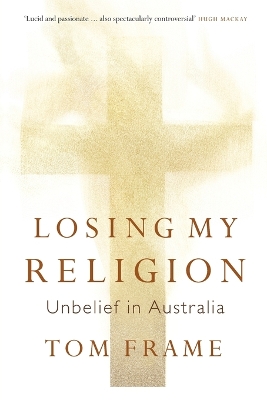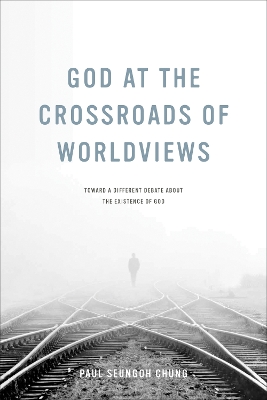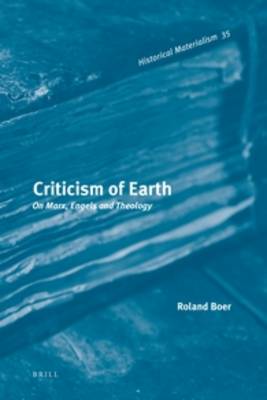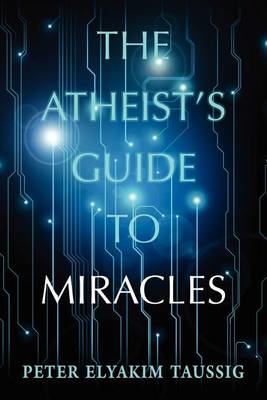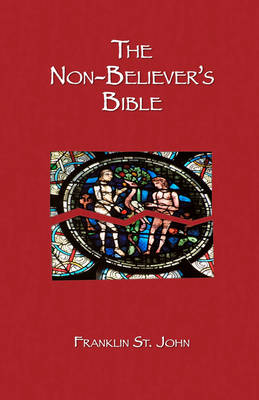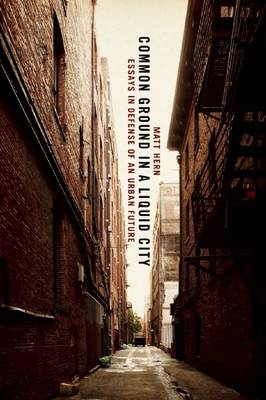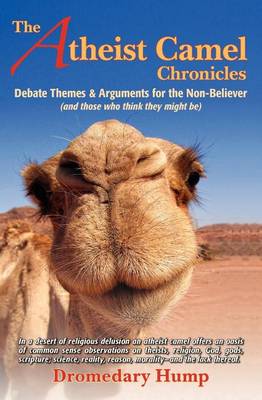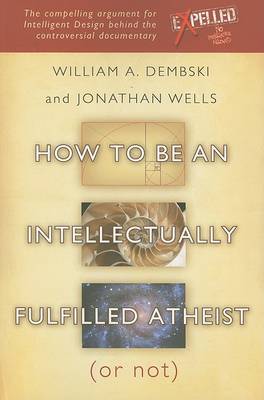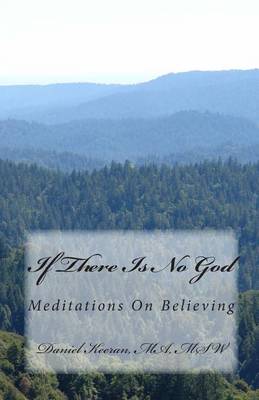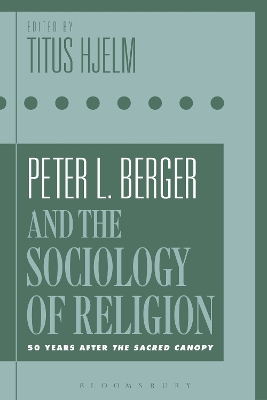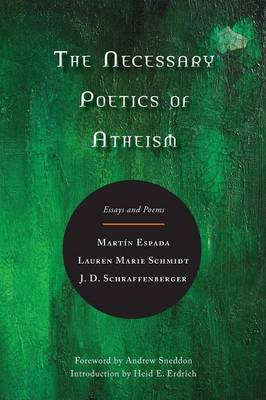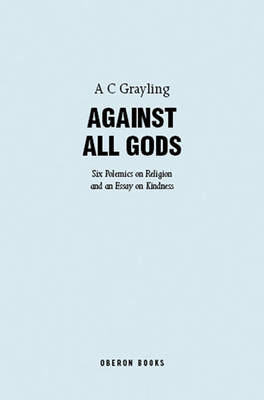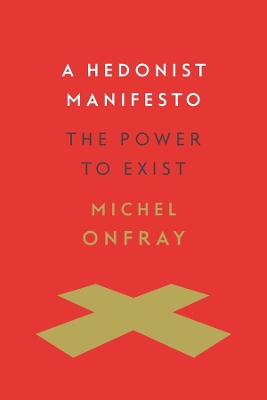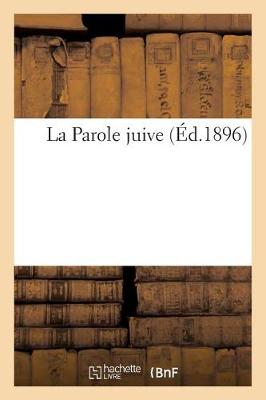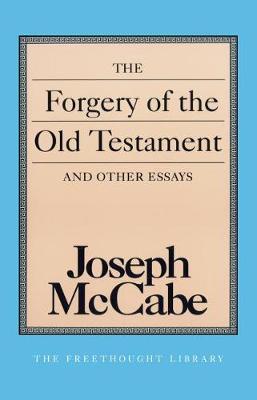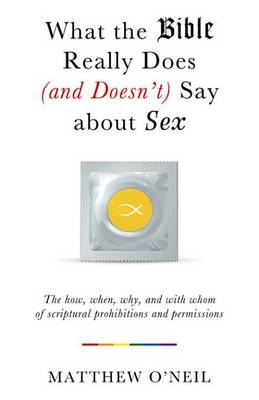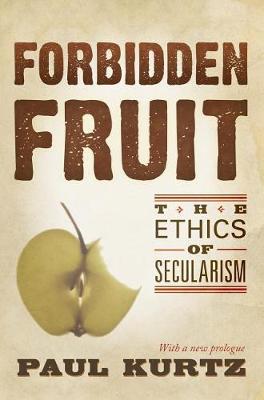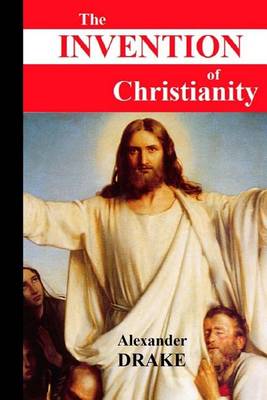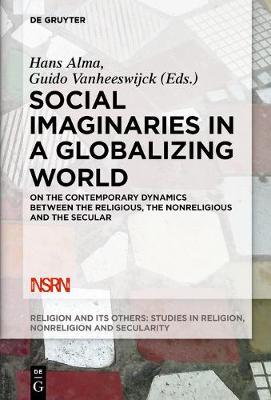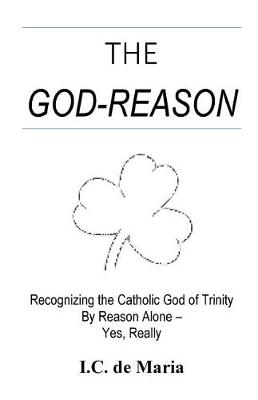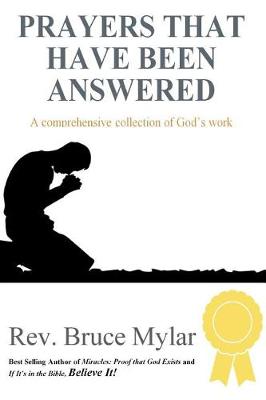In this challenging and provocative book, Tom Frame, one of Australia's best-known writers on religion and society, examines diminishing theological belief and declining denominational affiliation. He argues that Australia has never been a very religious nation but that few Australians have deliberately rejected belief - most simply can't see why they need to be bothered with religion at all. He contends that vehement campaigning against theistic belief is the product of growing disdain for reli...
Debates about the existence of God persist but remain at an impasse between opposing answers. God at the Crossroads of Worldviews reframes the debate from a new perspective, characterizing the way these positions have been defined and defended not as wrong, per se, but rather as odd or awkward. Paul Chung begins with a general survey of the philosophical debate regarding the existence of God, particularly as the first cause, and how this involves a bewildering array of often-incommensurable posi...
Criticism of Earth thoroughly reassesses Marx and Engels's engagement with theology, drawing on largely ignored texts. Thus, alongside 'opium of the people', Hegel's philosophy of law, and the Feuerbach theses, other works are also central. These include Marx's early pieces on theology, continual transformations of fetishism, and lengthy treatments of Bruno Bauer and Max Stirner. Engels too is given serious attention, since he moved beyond Marx in appreciating theology's revolutionary possibilit...
Peter L. Berger and the Sociology of Religion
How and why did The Sacred Canopy by Peter L. Berger (1929-2017) become a classic? How have scholars used Berger's ideas over the past 50 years since its publication? How are these ideas relevant to the future of the sociology of religion? Peter L. Berger and the Sociology of Religion explores these questions by providing a broad overview of Berger's work, as well as more focussed studies. The chapters discuss both aspects of Berger's classic text: the 'systematic' sociological theorising on r...
The Necessary Poetics of Atheism
by Martin Espada, Lauren Marie Schmidt, and J D Schraffenberger
Do religions have an inherent right to be respected? Is atheism itself a form of religion, and can there be such a thing as a 'fundamentalist atheist'? Are we witnessing a global revival in religious zeal, or do the signs point instead to religion's ultimate decline? In a series of bold, unsparing polemics, A C Grayling tackles these questions head on, exposing the dangerous unreason he sees at the heart of religious faith and highlighting the urgent need we have to reject it in all its forms, w...
A Hedonist Manifesto (Insurrections: Critical Studies in Religion, Politics, and Culture)
by Michel Onfray
Michael Onfray passionately defends the potential of hedonism to resolve the dislocations and disconnections of our melancholy age. In a sweeping survey of history's engagement with and rejection of the body, he exposes the sterile conventions that prevent us from realizing a more immediate, ethical, and embodied life. He then lays the groundwork for both a radical and constructive politics of the body that adds to debates over morality, equality, sexual relations, and social engagement, demonst...
In these three classic essays "The Forgery of the Old Testament," "The Myth of Immortality," and "Lies of Religious Literature," Joseph McCabe (1867-1955), ex-priest and the "world's greatest scholar," exposes the inconsistencies, absurdities, and outright mendacity that lie behind the most revered texts and "truths" of Christianity. With forcefulness, clarity, and often biting humor, McCabe attacks two millennia of Christian tradition which, he says, must withdraw before the weapons of science...
What the Bible Really Does (and Doesn't Say) about Sex
by Matthew O'Neil
Argues that it is possible to live the good life and be morally responsible, without belief in religion. This book contains chapters on privacy and human rights, and presents ethical recommendations as alternatives to various orthodoxies.
Social Imaginaries in a Globalizing World (Religion and Its Others)
How to study the contemporary dynamics between the religious, the nonreligious and the secular in a globalizing world? Obviously, their relationship is not an empirical datum, liable to the procedures of verification or of logical deduction. We are in need of alternative conceptual and methodological tools. This volume argues that the concept of 'social imaginary' as it is used by Charles Taylor, is of utmost importance as a methodological tool to understand these dynamics. The first section is...
Concordance Complete Du Coran, Contenant Tous Les Mots Et Les Expressions Des Textes Pour Guider
by Kazem-Beg-M
